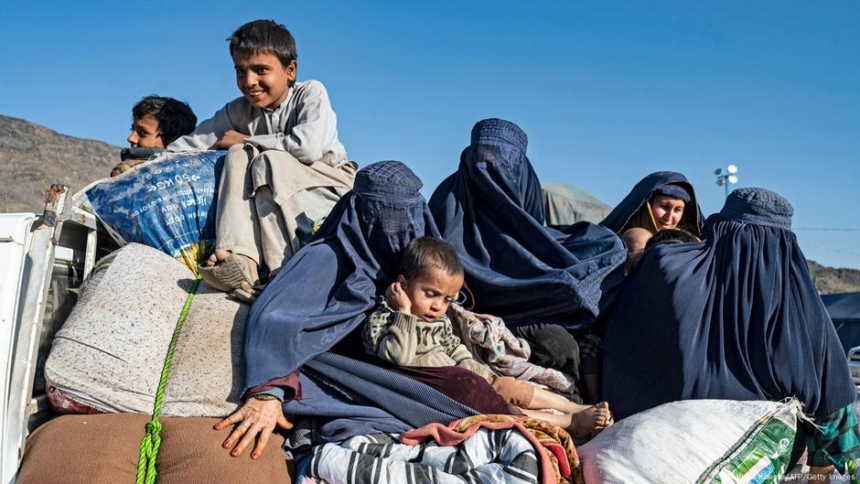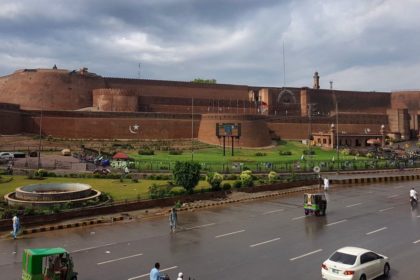RASC News Agency: In the last twenty-four hours, 1,139 Afghanistani migrant families have been forced across the borders back into Afghanistan from Iran and Pakistan, according to figures released by Taliban-controlled state media. Far from being a simple “repatriation,” this is a forced displacement into a country gripped by economic collapse, insecurity, and authoritarian repression. The Taliban-run Bakhtar News Agency reported that 266 families entered through the Torkham crossing on the border with Pakistan, 90 families through Spin Boldak in Kandahar, 126 families via the Silk Bridge crossing in Nimroz, and an overwhelming 657 families through Islam Qala in Herat province.
Only forty-eight hours earlier, more than another thousand families had been driven back under similar circumstances. Local sources describe scenes of abrupt expulsions families pulled from their homes, stripped of stability, and given little or no time to prepare for the journey into an uncertain future. This wave of deportations is not an isolated event. In recent months, the pace has accelerated to a level unprecedented in the region’s modern history. Iranian officials themselves acknowledge that in the past one hundred days, over one million Afghanistani citizens have been expelled. For a population already battered by war, famine, and state repression, such numbers represent a humanitarian calamity unfolding in real time.
Human rights organizations have sounded the alarm: the forced return of so many people, without guarantees of safety, shelter, or basic sustenance inside Afghanistan, is a recipe for a mass-scale human tragedy. Families are returning to a country where jobs are scarce, public services have collapsed, and freedom has been extinguished under Taliban rule. For many, the homecoming is less a return than a descent into a controlled wilderness of deprivation. The Taliban, in their official narrative, claim to have formed a “special commission” to assist deported migrants. In practice, however, the commission exists only in name a bureaucratic mirage meant to pacify public concern while no real support reaches those in need. Instead of constructing emergency housing, creating job programs, or restoring basic services, the Taliban divert national resources into expanding their security apparatus and propaganda machine, tightening their grip on power while leaving the returned families to fend for themselves in destitution.
Witnesses describe children arriving barefoot, mothers clutching infants without food or clean water, and elderly men collapsing under the weight of exhaustion. Those who once fled to escape Taliban repression now find themselves trapped within the very regime they risked everything to avoid. The Taliban’s priorities are stark: rather than mobilizing to address this crisis, they invest their energy in controlling the press, silencing dissent, and consolidating military and ideological dominance. The result is a silent disaster one in which deported families vanish into the margins, their suffering hidden beneath layers of censorship and official denial.
With neighboring countries hardening their borders, and Afghanistan under one of the most repressive regimes of the century, the deportations are not the end of displacement. They mark the beginning of internal exile, where survival itself becomes a daily act of defiance against hunger, cold, and the suffocating rule of the Taliban.






